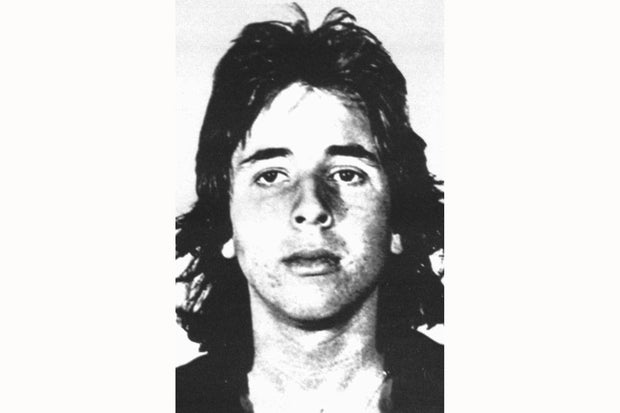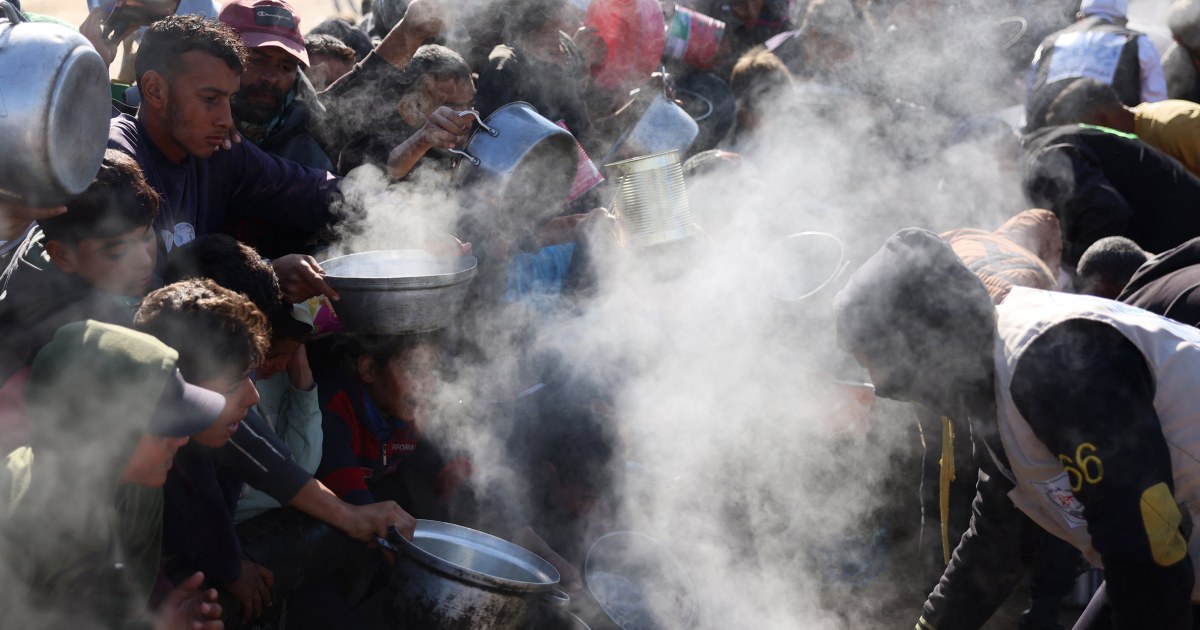World
Legendary Colombia cartel drug lord released from U.S. prison after 25 years: “He won’t be retiring a poor man”

One of Colombia’s legendary drug lords and a key operator of the Medellin cocaine cartel has been released from a U.S. prison and is expected to be deported back home.
Records from the U.S. Bureau of Prisons show Fabio Ochoa Vásquez was released Tuesday after completing 25 years of a 30-year prison sentence.
Ochoa, 67, and his older brothers amassed a fortune when cocaine started flooding the U.S. in the late 1970s and early 1980s, according to U.S. authorities, to the point that in 1987 they were included in the Forbes Magazine’s list of billionaires. Living in Miami, Ochoa ran a distribution center for the cocaine cartel once headed by Pablo Escobar.
Although somewhat faded from memory as the center of the drug trade shifted from Colombia to Mexico, he resurfaced in the hit Netflix series “Narcos” true to form as the youngest son of an elite Medellin family into ranching and horse breeding that cut a sharp contrast with Escobar, who came from more humble roots.
Ochoa — who also went by the nicknames “Julio” and “Pepe,” according to the U.S. Justice Department — was first indicted in the U.S. for his alleged role in the 1986 killing of Drug Enforcement Administration informant Barry Seal – whose life was popularized in the 2017 film “American Made” starring Tom Cruise.
/ AP
He was initially arrested in 1990 in Colombia under a government program promising drug kingpins would not be extradited to the U.S. At the time, he was on the U.S. list of the “Dozen Most Wanted” Colombia drug lords.
Ochoa was arrested again and extradited to the U.S. in 2001 in response to an indictment in Miami naming him and more than 40 people as part of a drug smuggling conspiracy. Of those, Ochoa was the only one who opted to go to trial, resulting in his conviction and the 30-year sentence.
At the trial, the jurors were driven back and forth to court in vans with tinted windows to protect their anonymity, the BBC reported, and their identities were even kept from prosecutors and defense lawyers.
The other defendants got much lighter prison terms because most of them cooperated with the government.
The BBC reported that after Ochoa was arrested in 1999, he erected billboards in Medellin and Bogota declaring: “Yesterday I made a mistake. Today I am innocent.”
Richard Gregorie, a retired assistant U.S. attorney who was on the prosecution team that convicted Ochoa, said authorities were never able to seize all of the Ochoa family’s illicit drug proceeds and he expects that Ochoa will have a welcome return home.
“He won’t be retiring a poor man, that’s for sure,” Gregorie told The Associated Press.
Richard Klugh, a Miami-based attorney for Ochoa, declined to comment.
But in years of litigation, he argued unsuccessfully that his client deserved to be released early because his sentence far exceeded what was appropriate for the amount of seized cocaine that authorities could attribute to Ochoa.
Colombia remains the world’s biggest cocaine producer and exporter, mainly to the United States and Europe. Last year, the South American country set a new record for cocaine production and cultivation of the coca leaf it is made from.
Just last week, the Colombian Navy said authorities from dozens of countries seized over 225 metric tons of cocaine in a six-week mega-operation where they unearthed a new Pacific trafficking route.









